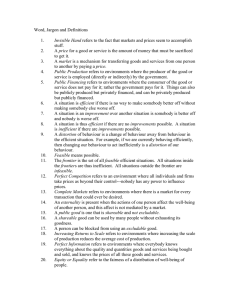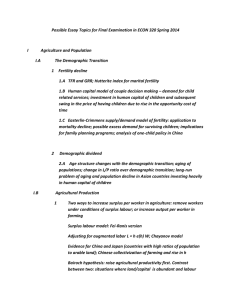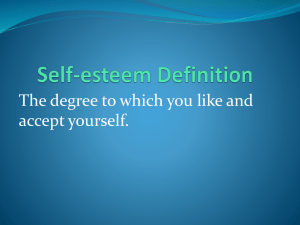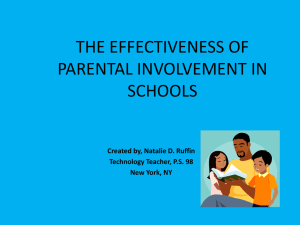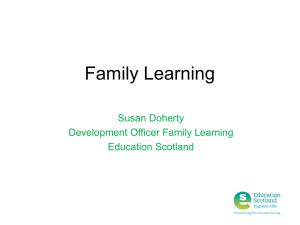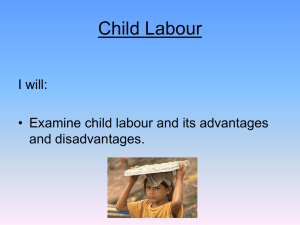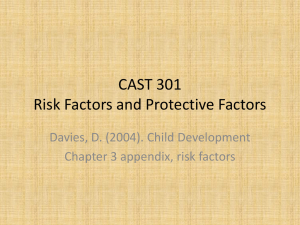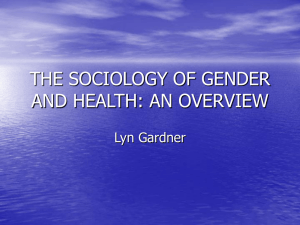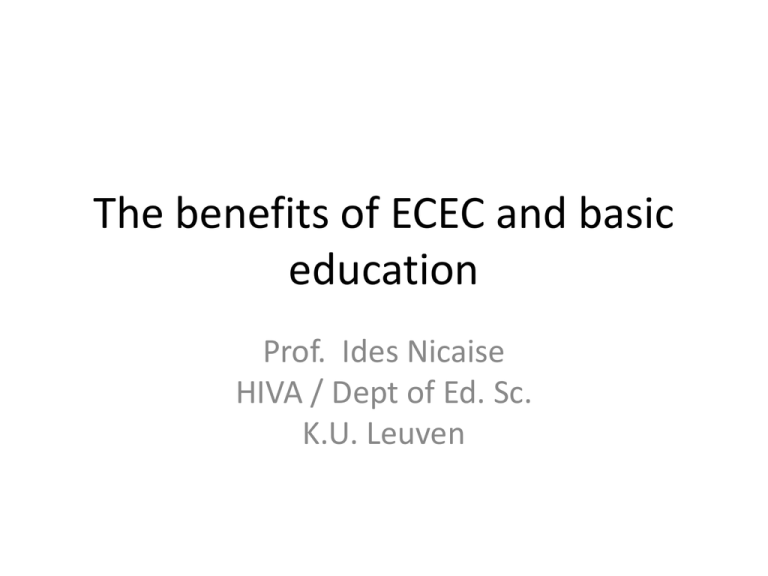
The benefits of ECEC and basic
education
Prof. Ides Nicaise
HIVA / Dept of Ed. Sc.
K.U. Leuven
Benefits of education
• Individual:
– Material / Financial: also for farmers in informal sector: better use of
soil and seeds, higher productivity, less dependence on traders who
buy their products etc., more rational consumption and saving
behaviour…
– Learning skills => snowball effects
– Non-material: essentially health: prevention (moderate use of alcohol,
tobacco; less risky behaviour; hygiene; safe sex, family planning…); use
of care (purchasing power and rational behaviour); living and working
conditions (housing, better jobs…)
• ‘external effects’:
– Economic: more educated workers raise productivity of others
– Education of next generation: living standard, health, family planning,
transmission of knowledge & skills, attitudes towards education…
– Social capital: communication, transaction, citizenship, trust, gender
equality…
SOCIAL RETURNS TO EDUCATION
Countries
Prim.
Sec.
Tert.
Sub-Saharan Africa
24.3
18.2
11.2
Asia
19.9
13.3
11.7
Eur + N.-Amer.
15.5
11.2
10.6
Lat.-Amer.
17.9
12.8
12.3
OECD
14.4
10.2
8.7
World
18.4
13.1
10.9
Source: Psacharopoulos (1994)
Education and income / capita
education
• Life skills
• Labour productivity
income
Income / capita
• More income
• Less people
(-)
Family planning
• Reduced fertility
Intergenerational effects
of education
Parental
education
• Educational skills
• Labour productivity
Parental
income
• Home comfort
• Expenditure on
education
• Reduced child labour
Family planning
• Reduced fertility
Education of
children
• At home
• At school
Education and life expectancy
(Grossman)
Parental
education
• Educational
skills
• Knowledge
about health
Parental
income
• Home comfort
• Consumption of
health care
Family
planning
• Reduced child
mortality
Education
of children
• Awareness
• Healthy
behaviour
Health / life
expectancy of
next generation
• income
• Health skills
• Quality of work…
Why is basic education so profitable?
• Key skills (communication, basic maths,
hygiene) are learnt in primary school
• Primary = more useful for rural areas
secondary education = typically useful for
industry and services => in urban settings
• Tertiary = important but serious problems of
– Mismatch (N-Africa)
– Brain drain (medical sector, IT…): almost all
physicians trained in Congo leave the country
Challenges
• Health problems
(undernourishment,
AIDS)
• Population growth and
movements
• Economic conditions
• Government debt
• Poverty of population =>
education is lesser
priority / opportunity cost
of child labour
• Wars
• Poor governance
• Quantity-quality
dilemma
• Inequalities / exclusion
• Language policy
• Resources
• Relevance of curricula
• Teacher
professionalisation
• ….







